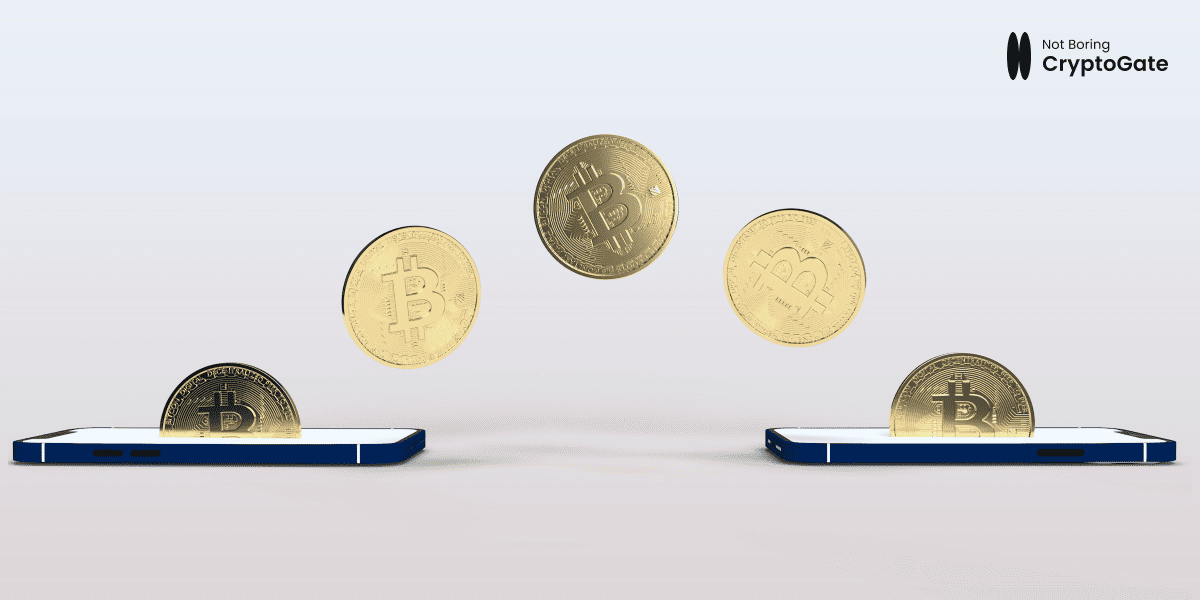Overview of the Current State of the Industry
The payment technology industry is in a dynamic phase of growth and innovation, evolving rapidly to meet the needs of businesses and consumers worldwide. Traditional payment methods, such as cash and credit cards, are being complemented—and in some cases, replaced—by digital and mobile payment solutions. The global shift towards online shopping, accelerated by recent technological advancements, has brought with it an increased demand for secure, convenient, and flexible payment options. As a result, payment technology has become a major area of focus for tech companies, financial institutions, and even governments, who are all working to make transactions faster, more secure, and accessible to more people than ever before.
Key Trends and Novelties
Several key trends are driving the transformation of payment technologies today. Mobile payments, digital wallets, and buy-now-pay-later services have gained popularity, reflecting the consumer’s desire for convenience and flexibility. Contactless payments, initially embraced for their hygienic advantages, are becoming a standard, with consumers expecting them as a basic feature. In addition, blockchain and cryptocurrency solutions are gaining ground, offering decentralized alternatives to traditional payment methods. Artificial intelligence is also making waves, automating processes and enhancing security in transactions. With biometrics, such as fingerprint and facial recognition, payment systems are becoming more personalized, creating a unique combination of security and convenience that appeals to a global audience.
Development of Mobile Payments and Digital Wallets

The Impact of Mobile Technologies on the Market
Mobile technology has reshaped the payment landscape, making it easier than ever for consumers to pay with a simple tap on their smartphones. Digital wallets such as Apple Pay, Google Wallet, and Samsung Pay are increasingly popular, allowing users to store their card details securely and pay without needing a physical card. These digital wallets are not only convenient but also add layers of security, as they typically employ encryption and biometric authentication. The ubiquity of mobile devices has turned them into versatile payment tools, and as mobile technology continues to advance, it’s likely that digital wallets will become even more integrated into everyday transactions.
Future Usage Forecasts
The future of mobile payments and digital wallets looks bright, with adoption rates set to continue rising worldwide. Many experts believe that digital wallets will eventually replace traditional wallets, as they are more versatile and secure. Consumers will likely rely on digital wallets to manage multiple forms of currency, loyalty cards, and even identification documents. The convenience of having everything accessible through one device is appealing to a generation that values speed and ease. As mobile payment technology evolves, we can expect more integration with other digital services, such as ride-sharing apps, online shopping platforms, and even public transportation, making mobile payments a comprehensive tool for everyday transactions.
Blockchain and Cryptocurrencies: Revolution in Payment Systems
How Blockchain Is Changing Approaches to Payments
Blockchain technology is fundamentally changing how transactions are conducted by offering a decentralized and transparent ledger system. Unlike traditional financial systems, where transactions go through intermediaries like banks, blockchain enables peer-to-peer transactions, reducing costs and processing times. By providing an immutable and transparent record, blockchain builds trust in digital transactions and is highly resistant to fraud. Businesses and consumers alike are beginning to see the benefits of blockchain for payments, as it opens up the possibility of real-time, cross-border payments without the fees associated with traditional banking.
The Long-Term Prospects for the Use of Cryptocurrencies
Cryptocurrencies, powered by blockchain, represent a major shift towards decentralized finance (DeFi), where financial transactions are conducted without traditional financial institutions. While some skepticism remains, the long-term prospects for cryptocurrency adoption in payment systems are promising. With major companies like Microsoft and Overstock already accepting cryptocurrencies as payment, more businesses are likely to follow suit as consumer demand grows. For businesses looking to stay ahead, now is the time to consider the adoption of crypto as a payment option.
If your business is ready to step into the future of payments, consider NBCgate, a platform designed to make cryptocurrency payment integration simple and effective. With NBCGate, you can offer your customers the flexibility to pay in various cryptocurrencies while enjoying the security and efficiency of blockchain technology. By adopting NBCgate, your business can stay competitive and meet the needs of modern consumers who value choice, security, and innovation.
Artificial Intelligence and Payment Automation

How AI is Already Changing Transaction Processing
Artificial intelligence (AI) is transforming how payment systems operate, making transactions faster and more secure. AI algorithms are being used to detect fraudulent activities in real-time, identifying unusual patterns that could indicate unauthorized transactions. Machine learning, a subset of AI, enables payment systems to improve over time, becoming more accurate in fraud detection and minimizing false positives. Additionally, AI is powering chatbots and virtual assistants that help customers manage payments and resolve transaction issues, enhancing customer service without the need for human intervention.
The Future of Payment Automation
As AI technology continues to improve, payment systems will become increasingly automated. Payment automation will extend beyond fraud detection to include personalized recommendations, optimized transaction times, and predictive analytics that can help businesses make smarter financial decisions. In the future, AI-driven automation could create a fully automated payment ecosystem, where transactions happen seamlessly without manual input. This will not only streamline operations but also reduce costs, as businesses won’t need to rely on human resources for routine payment processing tasks.
Biometrics and Payment Security of the Future
Implementation of Biometrics in Payment Systems
Biometric technology, which includes fingerprint, facial recognition, and even voice recognition, is making payment systems more secure and convenient. Biometrics are increasingly being used as an authentication method for digital wallets and mobile payment apps, offering a unique layer of security that passwords and PIN codes can’t match. Since biometric data is unique to each person, it’s much harder for fraudsters to replicate. The shift toward biometric authentication is creating a more personalized and secure payment experience, where users can authorize transactions quickly without remembering complex passwords.
Improving Data Security and User Experience
By using biometric data, payment systems can greatly enhance data security, reducing the risk of unauthorized access. Biometrics also contribute to a smoother user experience, as they simplify the process of verifying one’s identity. The convenience of using a fingerprint or facial scan instead of typing in a password means that transactions are both secure and hassle-free. This combination of security and ease of use is likely to drive further adoption of biometrics, making them a common feature in future payment systems and offering peace of mind to consumers and businesses alike.
Preparing Your Business for Future Changes in Payment Technology

What You Need to Do Now to Be Ready for Future Trends
To stay competitive, businesses should start adapting to payment technology trends now rather than waiting for full industry adoption. Begin by evaluating your current payment systems and identifying areas that could benefit from new technologies, such as mobile payments or blockchain. Consider offering a variety of payment options to cater to customer preferences and attract a broader audience. Staying informed about emerging payment trends is crucial, as the ability to adapt quickly will set your business apart in a fast-evolving market.
Planning and Adaptation Tips
Preparing your business for future payment technologies requires a proactive approach. Start by researching platforms that offer flexible integration, such as NBCgate, which can support modern payment methods, including cryptocurrencies. Educate your team on the benefits and usage of new technologies so that everyone is prepared for changes. Lastly, keep an eye on regulatory changes that may affect payment technology adoption, as this will ensure that your business remains compliant while staying at the forefront of innovation.
How Can Businesses Take Advantage of New Technologies?
Strategic Tips for Long-Term Success
To capitalize on emerging payment technologies, businesses should focus on adopting systems that are adaptable, secure, and scalable. Prioritize payment platforms that offer flexibility, such as NBCgate, which can seamlessly integrate with modern payment methods. Developing a technology-driven strategy will ensure your business is well-positioned for the future. Additionally, invest in staff training and customer education to maximize the benefits of your chosen payment system. By taking these steps, businesses can embrace innovation confidently and build a payment infrastructure that aligns with future trends.

